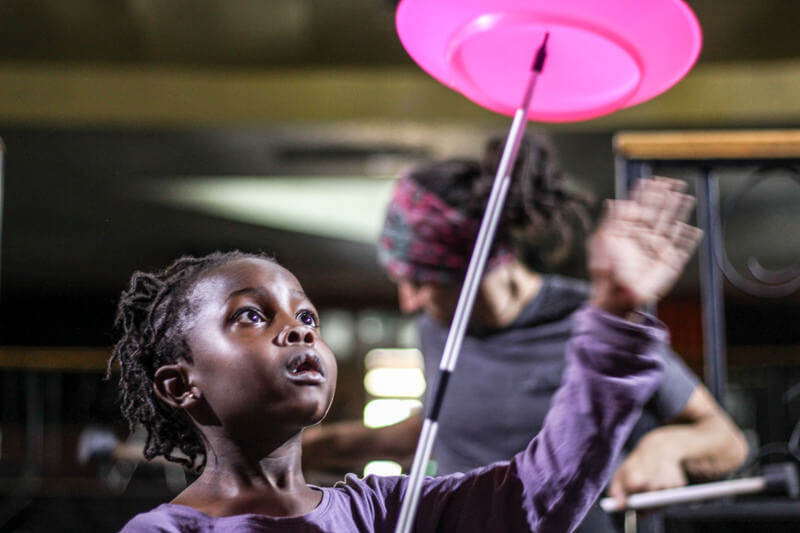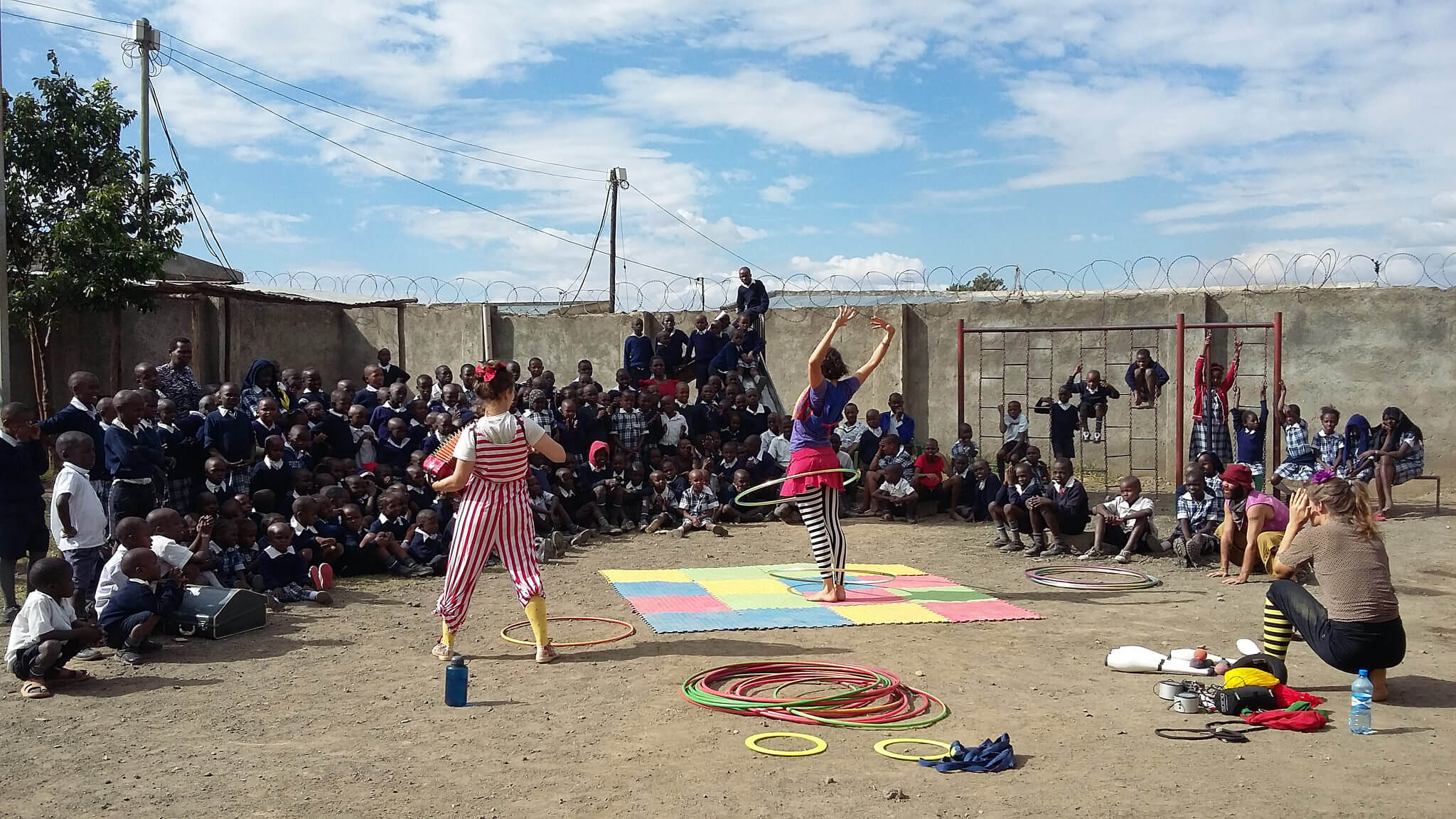In other words, Performers Without Borders helps give disadvantaged children the opportunity to explore their potential. We understand that, through teaching performance skills an individual’s learning, creativity and team working skills are also developed. Performance skills can help vulnerable children to build confidence, develop empowerment and overcome social barriers. PWB envisages a world where all children are able to realise their full potential, and have an understanding of different cultures, the complexity of development issues and the importance of personal action. Click here to read about research and benefits of learning circus skills.
Education should provide the child with a wide range of life skills
UNICEF promotes life skills based education and describes it as “an interactive process of teaching and learning which enables learners to acquire knowledge and to develop attitudes and skills”.
Self confidence development is key for the vulnerable and disadvantaged. Removing social and economic barriers is only one part of helping the vulnerable; with increased self confidence those who have been oppressed are more able to take advantage of new opportunities.
“Play is essential to development as it contributes to the cognitive, physical, social and emotional wellbeing of children and youth.”
American Academy of Pediatrics

Fostering cross-cultural community links benefits all involved
In a increasingly interconnected world, it is important that there is greater understanding across communities, especially where there are major cultural differences.
Sustainability of the work through long-term contact with communities
The best way to ensure the maximum benefit from community development it is key that the effort must been sustainable and work over the long-term.
The community is the main actor in development. The state may have the majority of resources for development, however the resources are used most effectively when the community has the greatest say on how they are used.
The United Nations, Convention on the Rights of the Child, Article 31 recognises “the right of the child to rest and leisure, to engage in play and recreational activities appropriate to the age of the child and to participate freely in cultural life and the arts.”
